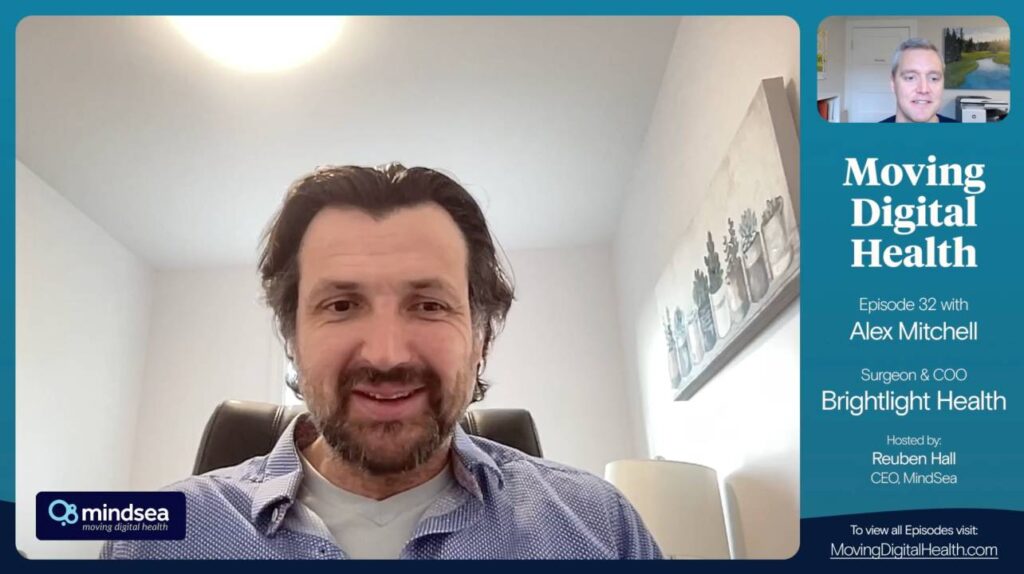Apple made two announcements at their annual World Wide Developers Conference (WWDC) that are potentially exciting for Mindsea’s customers and their customers: improvements to Sleep Analysis and the launch of Passkeys.
The first announcement introduced advances in the Health Apps for iPhone and Apple watch. To start, sleep analysis will be a lot more detailed. The Health App both on the iPhone and the Apple Watch will track the time you spend in Core sleep, Deep sleep, and REM sleep. The Apple Watch will also be able to collect many more metrics about your running and swimming by carefully monitoring all the motions involved in your running pattern or swimming stroke. By analyzing this information after your workout, the app may suggest ways to improve your motions to get the best out of your workout. Since not everyone has an Apple Watch, the Health App will leverage the motion sensors of the iPhone. Using the iPhone’s motion sensors, the Health app on the iPhone will also be able to track steps, distance, flights climbed and import workouts from other fitness apps.
Next, the Health App will allow you to enter details about your prescriptions to get reminders on the Apple Watch and alert you to possible drug interactions. Interactions will be based on information from Elsevier, a leading medical publisher, and will include moderate, mild, and severe interactions, as well as other factors like alcohol and OTC medications. You can simply use your iPhone camera to scan the label on your medication.
Finally, the new Health App will, with final regulatory approval, be able to store your vision prescription, both for glasses and contact lenses. It will store this as structured data, not just a plain document, although the original document can be included as an attachment.
Health data is secure at all times on the watch and phone, and can be shared easily with family members.
The second announcement was regarding Passkeys, a replacement authentication system for the commonly used ID and password system used on today’s websites and apps. Passkeys provides a simple, one step sign-in mechanism that is immune to hacking, phishing, and brute-force password guessing. These are strong claims, but Passkeys are backed by the FIDO Alliance, an industry group made up of just about every major tech company. The board level members include Apple, Microsoft, Google, Amazon, American Express, Visa, and Mastercard. Passkeys are stored locally on your computer or mobile device, in a secure container. Accounts on a remote service save only the public portion of the passkey. There is no password to be stolen or guessed. At authentication time, your device requests authentication using the public portion of the key. It also checks the server’s digital certificate to make sure the server is who it claims to be: no more fake banking websites. The server replies with a cryptographic challenge that only your device, with the private part of the passkey, can solve. With this solution, your device is authenticated against the server and you are signed in. This process uses the strongest encryption and cryptographic techniques currently known, and should be impossible to reverse-engineer. Since there is no password used, it cannot be stolen or guessed, and part of the key is uniquely connected to the server, so the server cannot be impersonated. Biometric security protects all of this on your local device (fingerprint or FaceID) so you simply need to unlock your device to connect to a remote server. Think of this as FaceID for the web: simple, unforgeable, and as secure as currently possible. With the bulk of the online industry behind it, this new system is poised to end the use of passwords forever.
If you are considering taking your health and wellness product to the next level, learn how MindSea can help elevate your digital strategy and develop health and wellness solutions that optimize user outcomes. Connect with us today.



